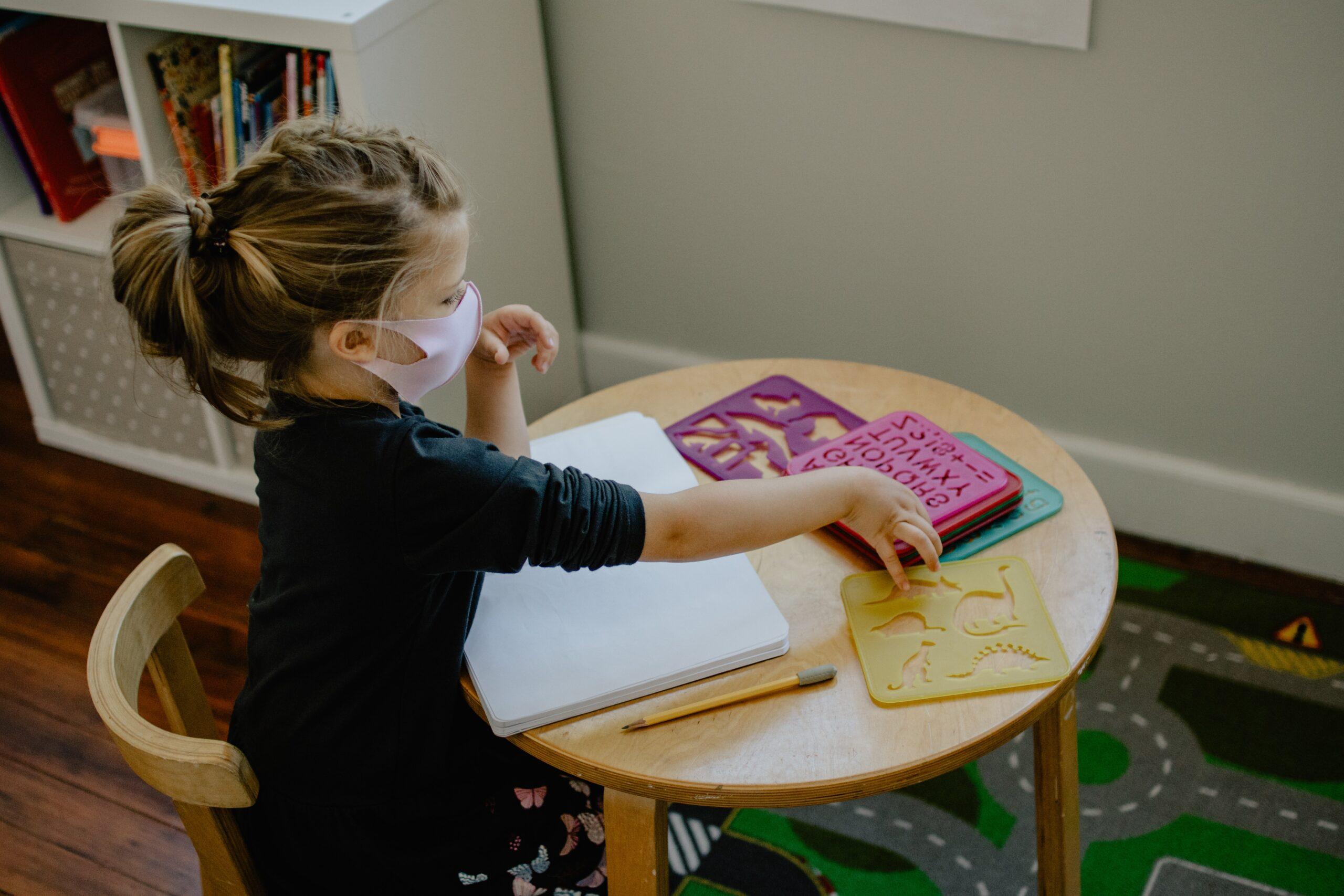When I was a child, little was known about dyslexia, a neurologically-based disability. I was called dumb and lazy by teachers as well as friends, and it wasn’t until I was in graduate school that I was formally diagnosed with dyslexia, even though I had struggled in school for years. How was I able to succeed in spite of my disability? In large part, my success was due to the support of my parents. It’s my opinion that parents make a critical difference in whether a child with dyslexia will learn to successfully manage this problem.
What is Dyslexia?
Let’s look at what dyslexia isn’t before we move on to describe what it is. Most dyslexic children are of average or above average intelligence, and most work very hard each day. Dyslexia has nothing to do with being “dumb” or “lazy.” The word dyslexia comes from the Greek “dys” meaning poor and “lexia” meaning language. This disability is much more complex than simply reversing letters, as some people mistakenly believe. Through magnetic resonance imaging (MRI), researchers have concluded that dyslexia is a neurological problem that occurs in a particular area of the brain. Although dyslexia may impact each child in a slightly different way, many dyslexics have difficulty with reading, writing, spatial relations, directions, time management, word recall and memory. If your child is diagnosed with a learning disability, it does not necessarily mean that he is dyslexic.
What Are the Warning Signs?
How will you know if your child has dyslexia? Most often, the clues don’t crystallize until your child begins to read. Even then, it may take some time before dyslexia can be clearly diagnosed (up until age 6 or 7, it’s not unusual for kids to reverse letters and words when they read or write). By about age 8, or third grade, your child’s school or a private testing facility can determine whether your child is dyslexic through diagnostic tests of reading ability (speed, decoding, memory and comprehension) and overall intellectual ability (IQ).
However, you may suspect that something is “amiss” long before a diagnosis is formally made. Here are some signals to watch for:
- low self-esteem
- spelling difficulties
- difficulty reading aloud
- mixing up left and right
- problems following directions
- slow completion of written assignments
- difficulty with math
- reluctance to go to school.
Keep in mind that dyslexia is an “invisible” disability; it’s not like a broken leg that can be readily seen. Because of this, I believe that a dyslexic child experiences his “secret life” in a unique way. This disability may take an emotional toll on your child, but there are many ways in which you can help.
How Can You Help Your Child?
Even though dyslexia is a 24/7 problem, there are many methods and tactics you can use to help your child manage his disability. Here are just a few ways you can give your child the support, love and guidance he needs:
- Build a solid support team. Garnering a support system is one of the most important steps you can make toward helping your dyslexic child succeed in life. Your child’s core team will consist of his parents, teachers, coaches, friends and relatives but you can also find valuable support just about anywhere. A good support person is one who is patient, understanding and capable of the tasks that your child can’t do. Since reading, writing and spelling are areas of weakness for people with dyslexia, your child will need to find someone who is willing to help in this area.
- Teach your child to be honest about his disability. Provide your child with an uncomplicated explanation of his disability that he can use when he encounters new people and situations. Teach him to say, for instance, “I have a learning disability. That means I need extra help with reading and spelling.” This will help others better understand and aid him. Remember, dyslexic children are not unintelligent, they simply need help in specific areas.
- Work closely with your child’s teachers, administrators and the IEP (Individualized Education Program). You are your child’s best advocate. Keeping the lines of communication open with your school is the best way to help him in this area. If you suspect your child’s IEP is not being properly followed, try to approach the educators diplomatically. Remember, your goal is to work with the teachers in the best interest of your child.
- Teach your child to use his best modality. This means that, whenever possible, your child should use her best method of learning or expressing herself, whether that method is visual, auditory or tactile. Since I have trouble reading and writing, for instance, I often respond to e-mail by calling the person on the phone or seeking him out in person. I do much better expressing myself verbally than I do writing a note. If your child learns better by listening, she can use a tape recorder to gather information, or she can try talking about a subject with a knowledgeable friend rather than reading a book about it. Books on tape are useful tools for many dyslexic children.
- Help your child set reasonable goals and break those goals into small steps. Help your child make goals that are specific, realistic and optimistic. If you suspect that the goal is too difficult (or too easy) for your child to achieve, gently guide her to a more reasonable outcome. For instance, instead of “I will get straight As in English this year,” help her redefine the goal: “I will raise my grade in English by the end of the second semester.” Then, help her create a plan for meeting that goal.
- Help your child stay organized. Using color coding or wall charts will help your child keep his goals and schedule on target. For instance, make a chart and post basketball games in green, swim meets in red, scouts in blue, etc. Using color makes the process of organizing more visual and less word-dependent for the dyslexic child. Use both color and words.
- Help her find a place where she can experience success. Swimming, singing, running, arts, music, are all alternative areas in which your child can succeed. Volunteer work is also a great way for your child to help others and feel good himself.
- Believe in your child’s abilities and maintain a positive outlook. Let your child know that no matter what, you will be there for him with all your love and support. It’s our belief that what happens in childhood— and how strongly and deeply a child senses the care and support of his family and others— is what makes the lasting, essential difference in how dyslexia impacts the course of his life.



